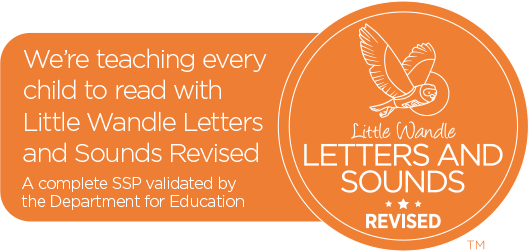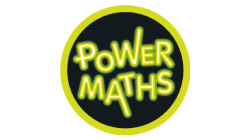Year 3
Year 3 Curriculum
English
At Scotch Orchard Primary School we believe that a quality English curriculum should develop children’s love of reading, writing and discussion. We are passionate about ensuring all children become confident and enthusiastic readers and writers. Within our English lessons, we ensure that children ‘write for a purpose’ and focus one one of the following writing genres each half term:
Writing to Inform
Writing to Entertain
Writing to Persuade
We have a book-led English curriculum with challenging and engaging texts used in all Key Stages. This includes fiction, non-fiction and poetry. In addition, throughout the school year the importance of reading is enhanced through World Book Day and book fairs to further enrich our English curriculum. We also have Reading Cafe sessions throughout the year for our KS2 pupils.
Reading

Phonics is taught daily in the autumn term to review Phase 5. We timetable daily phonics lessons for any child in Year 3 who is not fully fluent at reading or has not passed the Phonics Screening Check.
In Key Stage 2, Scholastic Reading Pro is used to ensure children are reading a range of books appropriate to their individual lexile level. Shared reading takes place within English lessons to provide enriching experiences through more challenging texts. Teachers also regularly share stories with the class, displaying an enthusiasm for reading and setting a positive example as a reader.
Maths
At Scotch Orchard, we believe that every child should have access to high-quality maths education through a ‘teaching for mastery’ approach. The phrase ‘teaching for mastery’ describes the elements of classroom practice and school coherence that combine to give pupils the best chances of mastering Maths. Our aim is to develop confident mathematicians who acquire a deep, long-term, secure and adaptable understanding of the subject.

We use ‘Power Maths’ to support us in ensuring children are proficient in their ability to fluently recall facts and prior knowledge, reason confidently and problem-solve independently. Children spend time becoming true masters of content: applying and justifying their knowledge in multiple ways.
Please click here for an overview for Year 3.
Foundation Subjects
| Subject | Autumn | Spring | Summer |
| Science | Light Forces & Magnets | Rocks | Plants Animals, including Humans |
| History | How did Britain change from the Stone Age to the Iron Age? Black History Month: Pablo Fanque | What was the significance of Ancient Egypt? | What was the legacy of the Ancient Greek Empire? Local History Study: What evidence is there to prove the Romans were in Lichfield? |
| Geography | Counties & Cities within the UK | The changes in settlement & land use | Volcanoes & Earthquakes |
| Computing | Connecting computers Stop Frame animation | Sequencing sounds Branching data base | Desktop publishing Events and actions in programs |
| P.E | Handball Tag Rugby | Gymnastics Dance | Athletics Tennis |
| RE | Explore rules for living in sacred texts and ask questions Compare and contrast the practice of religion in the home | Compare and contrast the use of symbols actions and gestures Investigate some key features of celebrations and festivals | Explore the meaning of stories about the beginning of the world and reflect Explore into the life of key religious figures and make links with teachings |
| Music | How does music bring us closer together? BBC ten pieces | Whole class glockenspiel | Whole class recorders BBC ten pieces |
| Art | Exploring drawing materials | Paint techniques and mixed media | Sculpture |
| DT | Shell structures using CAD | Food: healthy and varied diet | Textiles: 2D shape to 3D product |
| MFL | Where is France? Mastery conversation Y3 | Making friends with children in France | French food |
